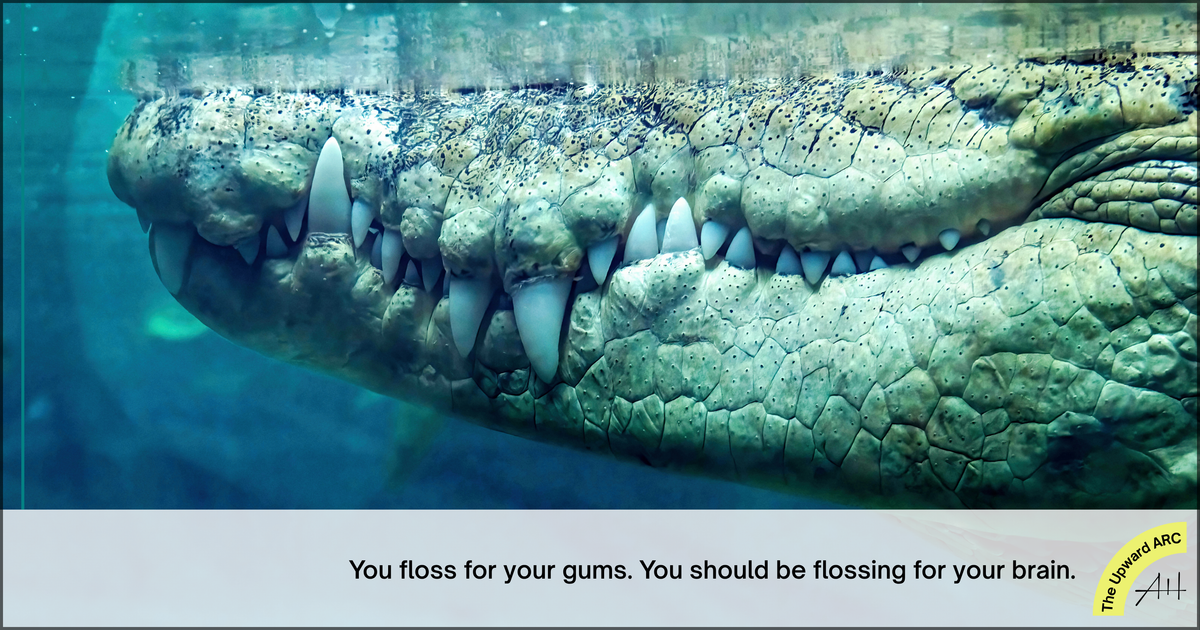The Mouth-Brain Connection: The Hidden Inflammation Tax on Performance
Karla lost her first tooth. Blood, drama, and finally, triumph. But as adults, dental health isn’t cute. It’s critical. Poor oral care fuels brain fog, inflammation, and cognitive decline. Want a performance edge? Start with your gums. And maybe ditch the mouthwash.

This post is for members only
Already have an account? Sign in.
